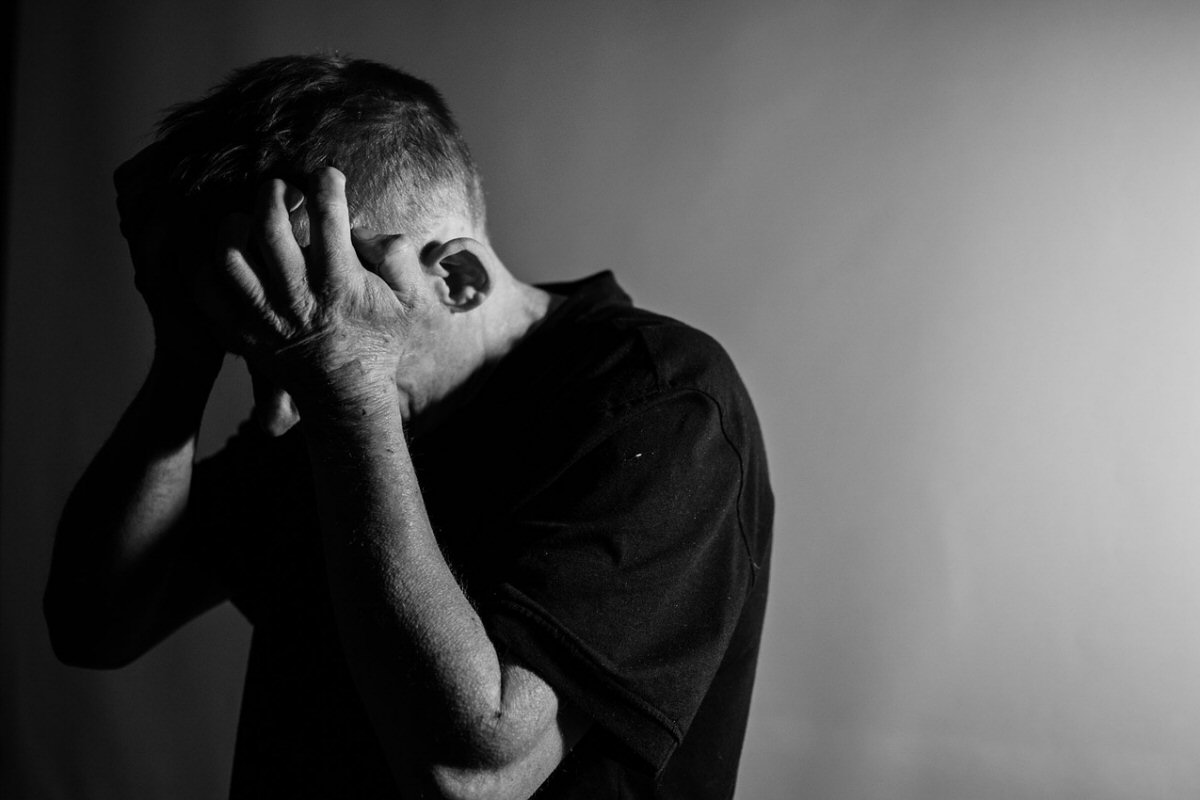For many people, the thought of losing a spouse is the ultimate nightmare. Your spouse becomes someone you share everything with; your life companion, your best friend and your lover. So, when the nightmare becomes a reality, it can feel like your whole world is crumbling before your eyes. There is no manual for dealing with such a devastating loss, but there are some things that can help you cope.

Stages of Grief
There are said to be five main stages of grief – denial, bargaining, anger, depression, and finally, acceptance. Most people will go through these different emotions as they grieve, but they don’t necessarily have to be in that order. They also don’t have to be felt during a certain time frame, so don’t push yourself to get past your grief quicker than you should. People grieve in different ways and for different lengths of time. Allow yourself as much time as you need before taking on tasks, like donating clothes or sorting through personal items.
It’s Okay to Not be Okay
It can be difficult, especially if you have children around, to embrace what you really feel. You may think you have to be strong for those around you, and force a smile on your face when you’d really rather cry. It’s important to take time for yourself, to feel what you’re really feeling. Crying can be a healer when you’re grieving, so try not to hold it all in. It can sometimes help to ask people to give you time alone.
Although many people will try to help, they may end up saying or doing the wrong things and upsetting you further. Commemorate your spouse in a meaningful way – if they were a veteran, then military flag display cases can help you remember them doing what they loved, while just keeping an item around that reminds you of them can help the grieving process. Most importantly, grieve in your own way and your own time. It’s not a process that can be rushed.

Do Stick to Routines
Get up in the morning, eat three healthy meals a day, take the dog for a walk for some fresh air. They’re all things that can help you feel well in yourself when you’re grieving the loss of a spouse. Falling into depression can lead to the use of alcohol or drugs to numb the pain. If you feel you or someone you know has a problem with substance abuse, take a look at Recovery In Motion – What can I take to ease opiate withdrawal? It’s always easier to try and drown the pain out, instead of dealing with it head-on, but ask yourself what kind of future you want first.
Dealing with Special Events
It’s not just the death of a loved one you have to deal with. Holidays and special events will be a lot tougher for a while, reminding you of the person you’ve lost. Plan for these events in advance by thinking about what you would really like to do. If you’d prefer to go with friends for Christmas dinner, don’t let the family guilt you into changing your mind. Do whatever you think will help you cope best and give you the best chance of enjoying yourself.
The most important thing to remember is that life goes on, and there will come a time when you want to enjoy it again.




